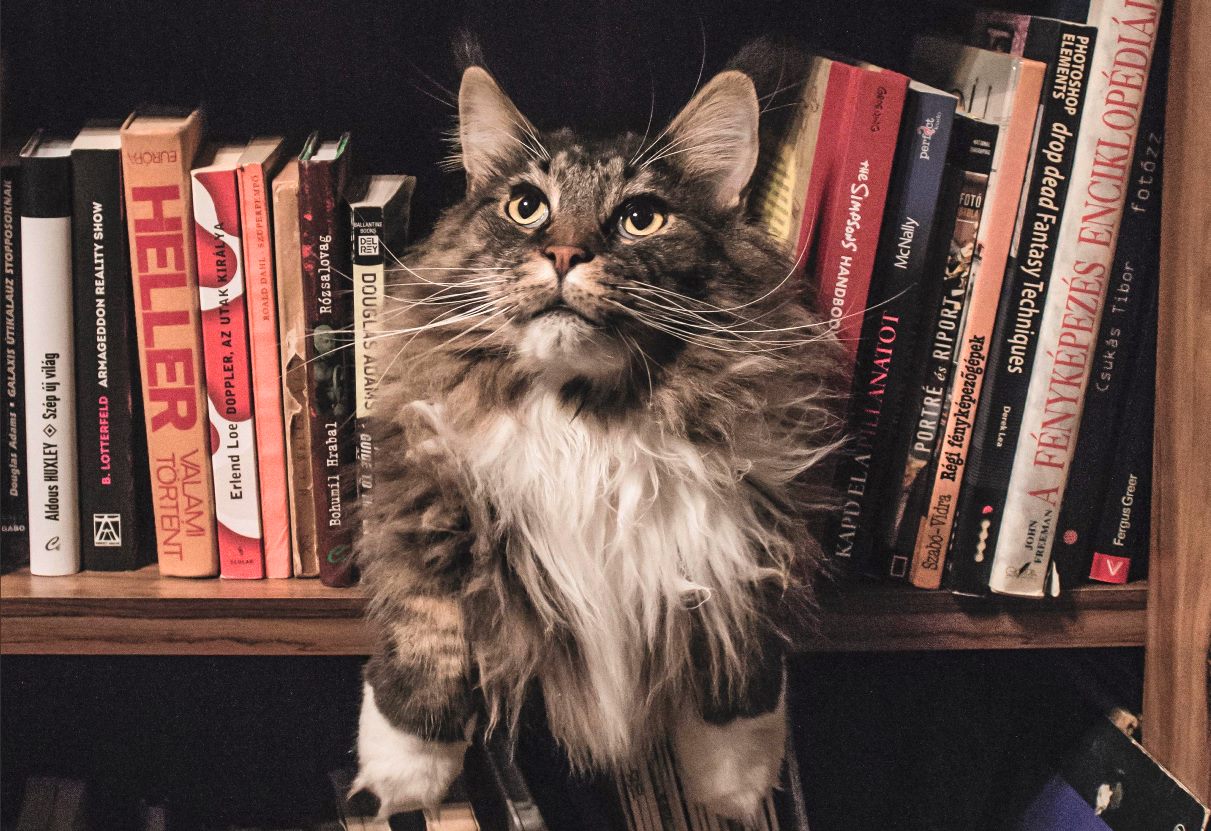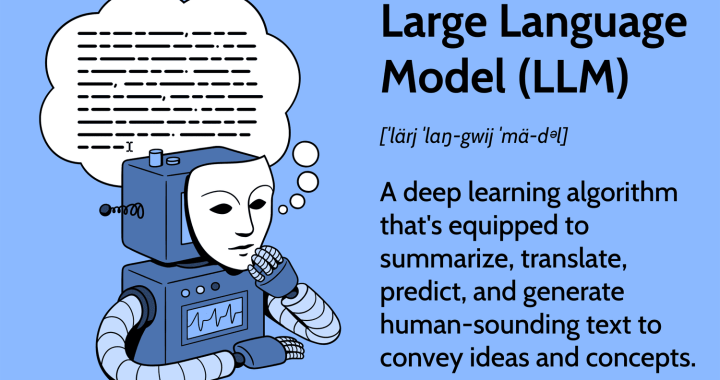The list, the log
It helps to return on occasion to the list of books you’ve read; granted, if you keep such a list. Remember how in elementary school teachers asked us to keep a “log” of titles and page numbers, maybe a summary? Students earned stars. Parents were happy. And though it might have annoyed you, at least you learned that stories don’t start on page one, so it always feels great to begin a new book.
Unfortunately, the habit gets lost. At least it did for me.
It wasn’t until the last third of 2015 that I realized I wanted to keep track of the books I was reading. My list today ignores a considerable portion of the books I have read in my life; say, from my first non-illustrated chapter book ever, Louis Sachar’s Holes in third grade, to Charles Bukowski’s The Most Beautiful Woman in Town & Other Stories in 2013, the year I saw writing as my vocation.
Now, between 2013 to 2015, one of my most ferocious periods of reading, I regret not logging those books. Books like Tropic of Capricorn, The Bridge at San Luis Ray, and Notes from the Underground have impressed me deeply, returning to the foreground of my mind often, often — or even inspire whole books (On the Road, read in 2014, woke me up to the possibility of writing The Summer Abroad; how many young men claim the same?)
That is what today’s post is about, the books that inspired my stories or feature similar themes, because they keep coming back. And I would like to organize the post in the following way: first, give an introduction (check); next draw four categories off the top of my head (see below); then pull books from my master “log,” giving a note to each book, for fun. (Side note: are you ever thrown off by a semicolon and parenthesis placed side by side? I hope I am not the only one slanting my head too much:) See? Here we go.
Category One: Philosophy
The following books speak to what I would call my outlook on life. Again, because I didn’t keep a log in middle or high school, I am (almost) forgetting books like Sophie’s World, The Tao of Pooh, and Hume’s Treaties. Alas, here are the listed books.
Zen and the Art of Motorcycle Maintenance, by Robert Pirsig. My second most recent read, this book follows a father and son on a road trip through the Northwestern United States, as each grapple with mental illness. The father was a writing comp teacher who scoured European and Eastern philosophies in search of one that could unite them both. This book taught me to enjoy thinking logically, hence this “organized post,” but most of all it reminded me to love quality.
Tao Te Ching, by Lao Tze. The previous book’s forefather, this book is a series of verses that attempt to speak to the universe’s greatest mysteries. In my opinion it succeeds. Please see a Wikipedia page, a Chinese Philosophy major, or local sage for a more beautiful description of the book. As for me, I leave it at this: it fundamentally shapes how I maneuver through the world.
The Alchemist, by Paolo Coelho. I posted about this book in the past. But it is worth mentioning again here. The book’s message will inspire you.
The Second Sex, by Simone de Beauvoir. The opening sentence says it all: “Women?” Never in history–could I be so bold as to state?–has a writer-philosopher been so thorough in her analysis of Woman’s biology, history, myth, and place in European society. It gave me much more than things to think about; it gave me an outlook: men and women form a fellowship.
The Prophet, by Khalil Gibran. Another book of verse, this one takes the story of a poet, who speaks to a large group of villagers asking him questions on the nature of life’s most troubling subjects: Love, Talking, Clothes, Work, et cetera. One line, among many life-affirming ones, stands out for me, forever: “Love has no other desire, but to fulfill itself.” A must read.
Siddhartha, by Hermann Hesse. There are few solo-man stories as uplifting and revelatory as this one. I recommended it to a then-girlfriend of mine once, and when she read the part about the protagonist leaving the love of his life, she promptly reported it to me: “You are just like him.” We broke up soon after, even though that moment, our relationship, and the book as a whole all stay a part of me, like a scar, or a mole, something to make you smile with equanimity.
El Principito, Saint Exupery. My favorite book of all time. My father read it to me when I was the young character’s age. The lessons in this book are the kind that I remember the most often, in the shower, on the way to work, whenever I feel lazy, or ignored, or hurt — I simply look out the window, or at a photo, stop and smell the roses: and I feel better.
Kama Sutra, by Vatsyayana. Need I even explain? I appreciate the advice it has for young entering society, entering matrimony. All it takes to understand this old book’s longevity is to fully read the scholarly version, or imitate the sexual positions in any graphic, short, gas station version.
Category Two: My New York
These handful of books are the ones that I read during my time in New York and were about New York. Plus, I am currently writing a novel set in New York, in addition to having moved away from there recently — thus feeling a little extra nostalgic about it. So, here it is, the list.
Asymmetry, Lisa Halliday. There is nothing like a writer reading about a writer who was inspired by a writer. Eh? Here is a semi-autobiographical account of the author’s affair with Philip Roth, her rising self-confidence as a result of that affair, but juxtaposed almost “symmetrically” by the story of an Iraqi man being detained in London’s international airport. It was the very last book set in New York that I read while in New York–for this alone it could have made the list, not mentioning its niceness.
Taipei, Tao Lin. Recommended by my roommate in New York, of which I believe I have written a review about, here is the story of a drug-addict. Must I admit it? It is inspiring my next book: not in style (because I take it to be my exact opposite), but for mixing drug abuse with pop culture in literature.
Feather on the Breath of God, by Sigrid Nunez. A romance between a New York taxi driver from Russia and his English teacher? Yes please. Written by a professor of mine, this book really shaped my personal lens for viewing my three years in the City of Dreams. (Idea! I should reach out to her . . .)
Dept of Speculation, by Jenny Offill. A short and sweet, experimental master work that is true to its genre: it is novel. It tells the story of a broken marriage, in a broken series of vignettes that either move the plot forward, or give insightful tidbits and facts, all together blowing your mind, for an ending that ties it all together, even the couple. Oh, and the bedbugs in between!
Category Three: Use of Language
These books comprise a short-list of fiction and non-fiction that taught me explicitly or tacitly how best to tell/write/share a story. I won’t say they are the BEST books out there, just the ones that clawed to my back, and made me bleed words!
Lolita, by Nabokov. Speaking of blood . . . ew. But seriously, here is a perfect (and c’mon, allow one the use of the word, “perfect”) piece of literature: a hypnotizing story well-told. The language “dazzles gradually,” to borrow from Emily Dickson, while the story shoots straight for the gut, or groin, as the case may be. Overall, this book teaches us that we can create great art that’s popular, combine the profane with the enlightened, or fall deeply in love with the wrong person, so long as we never cross that no-no line called age of consent. In a word, waterproof.
Women, by Charles Bukowski. This book shows you literature doesn’t have to be stuffy, wordy garbage one worries about or fusses over. Sometimes it is ok, even holy, to crack open a beer and do nothing. No analysis, no effort. Just wait for your lady to come home. Yes, she might make your face bleed with her nails sooner or later, but don’t hit her back. Just write about it, simply, and with humor, letting your words be your punches.
Narrative Discourse, Gerard Genette. But if you want to be fussy and stuffy, here is the book for you. This is an excellent book of analysis (Proust’s Rememberance) that needed to invent its own system of analysis in doing so. Makes for an interesting read that stays in your mind every time you play with time, will play with time, or create voices (voices), or tell a tale. Oh, yes, I did write about it somewhere.
Theory of Prose, by Viktor Shklovsky. Oh, double yes! I wrote about this too. By the way, I am being self-referential, and terribly humorous about it, thanks to this Russian literature theorist. He studied Sterne, and Tolstoy, and even Author Conan Doyle, to put together this book that does a solid job of analyzing why these great authors did that they did. Check it out.
Borderlands, by Gloria Anzaldua. 🙂 This book made me feel good about my mixed heritage. I also appreciate how it takes on the task of creating a whole metaphysical outlook for people living in the borderland between the US and Mexico. For anyone interested in multilingual literature or thought, here is your next favorite book.
Problems of Dostoevsky’s Poetics, by Mikhail Bakhtin. Yet another Russian with a damn lot of interesting things to say. This guy does to Dostoevsky what only all authors dream of having done to their work: proclaim it genius, meaning no one ever did or will ever do what this author accomplished; move on to critiquing it for hundreds of pages; and then detail a “how-to” approach to appreciating it as much as the theorist did. Give your favorite author a kiss already, Comrade Bakhtin! You know I would.
Letters to a Young Poet, by Rilke. Read it like I did, online. This is some of mankind’s kindest advice from an exquisite German poet to his now long lost colleague. Memorable line after memorable line, it almost makes the philosophy category, but because this is strictly a correspondence between nerds of letters, it’s listed here.
Category Four: Mindfucks
What do I mean. This category is almost better to call my favorite books of all time, but because not all of them are my favorites (and other, more “favorite” books, like El Quixote, or were already listed above), then what’s left is this: a miscellaneous collection of random books. The best books often are undefinable, right? So, here is the odd circuit. Each book repeatedly made me put it down, look away, return, think, smile, shake, talk to myself. They were just so present. And remain so, long after I’ve let them go.
Debt: the First 5000 Years, by David Graeber. Wow, here is a book that will redefine how you view money, debt, and how those things play in the way we maneuver through society, build relationships, or grow as people. It is a historic broad look, blending sociology and stories, economics and reflexive thought. Shout out to another of my roommates, who recommended it.
Finnegans Wake, by James Joyce. Already wrote about it. Because — jeez, mr joy o boy! — it is a beautiful book. I like.
The Brothers Karamazov, by Dostoevsky. :O Like, how can something, like a work of art or a brother’s life, be so maddening yet so awakening? I enjoyed every line. And for a book of about 800 pages at 9 point font, that’s what I categorize as a mindfuck.
Zorba the Greek, by Niki Kazantzakis. Before Mulan, the original “Be A Man.” This could be under philo, but it’s just too damn good as a story, you can’t help but cheer the whole way through.
Anna Karenina, by Tolstoy. A masterpiece. A paragon. A nonpariel. <Insert 3000 word personal essay on the style, form, and meaning of the book that ends in an orgasm.>
Man and his Symbols, by Carl Jung. Bring together your dreams with your ability, your free will with your wishes, the symbols that surround us with the understanding of a genius, and you get this book. Basically, the sum of a whole career, the general outlines of his many theories, paired with intriguing stories and examples. Worth a read, or two. There’s a nice audiobook, to boot.
And . . . a Bonus Category: Love
Frankly, my dear, if I am supposed to write a list of books that inspired my stories, how would I not include this section? It details the two books that inspired the most relevant story of my life right now. (:Hi, baby, again:)
The Neapolitan Quartet, by Elena Ferrante. ;+P
&
The Wives, Alexandra Popoff. <3 &>
…
Enough said?




